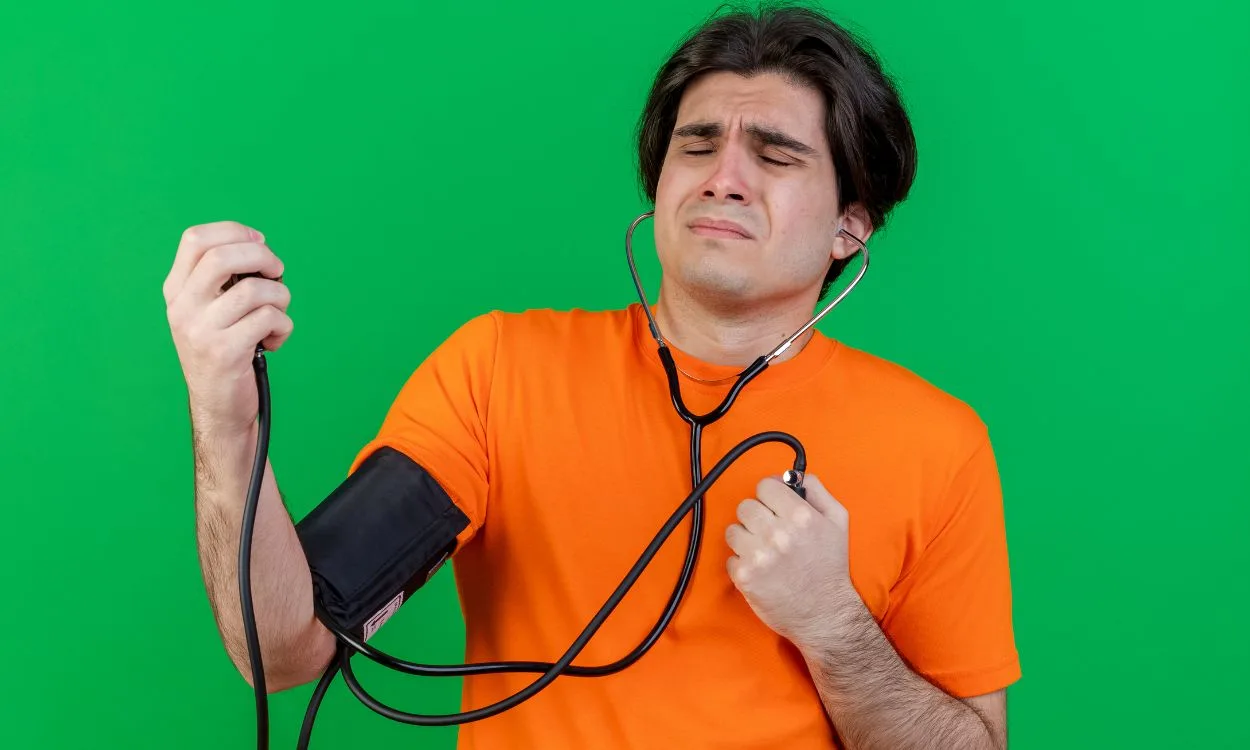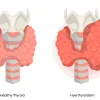Can Stress and Anxiety Contribute to the Development of Hypertension?
Hypertension, commonly known as high blood pressure, is a chronic medical condition that affects millions of people worldwide. It is often referred to as the “silent killer” because it usually doesn’t cause noticeable symptoms until it reaches a dangerous level. While several factors contribute to the development of hypertension, such as genetics, age, and lifestyle choices, there is evidence to suggest that stress and anxiety can play a role as well.
The Link Between Stress and Hypertension
- Activation of the Sympathetic Nervous System: When we experience stress or anxiety, our body goes into a “fight or flight” mode, triggering the release of stress hormones like cortisol and adrenaline. These hormones increase the activity of the sympathetic nervous system, which controls our blood pressure and heart rate. The elevated levels of stress hormones can cause the blood vessels to constrict and the heart to pump faster, leading to an increase in blood pressure.
- Impaired Blood Vessel Function: Chronic stress can lead to endothelial dysfunction, which refers to the impaired function of the cells lining the blood vessels. Endothelial dysfunction can result in the narrowing of blood vessels and reduced elasticity, making it harder for blood to flow through them. This increases the resistance in the blood vessels, contributing to higher blood pressure.
- Unhealthy Coping Mechanisms: Many individuals turn to unhealthy coping mechanisms when they are stressed or anxious, such as smoking, excessive alcohol consumption, or overeating. These behaviors can directly contribute to the development of hypertension. For example, smoking and excessive alcohol intake can raise blood pressure, while overeating can lead to weight gain, another risk factor for hypertension.
The Role of Anxiety in Hypertension
- Chronic Anxiety and Activation of Stress Response: Anxiety disorders, such as generalized anxiety disorder and panic disorder, can lead to a chronic state of anxiety. This ongoing anxiety can activate the stress response in the body, leading to increased blood pressure over time.
- Poor Sleep Quality: Anxiety often disrupts sleep patterns, causing individuals to experience difficulty falling asleep or staying asleep. Poor sleep quality has been linked to an increased risk of hypertension. When we don’t get enough restorative sleep, our body’s ability to regulate blood pressure can be compromised.
- Medication Side Effects: Some medications commonly prescribed to manage anxiety, such as selective serotonin reuptake inhibitors (SSRIs), can have side effects that contribute to hypertension. It’s important to discuss any concerns about medication side effects with a healthcare professional.
While stress and anxiety can contribute to the development of hypertension, it’s important to note that they are not the sole cause. Hypertension is a complex condition with various factors at play. It’s crucial to adopt a holistic approach to manage and prevent hypertension, which includes regular exercise, maintaining a healthy diet, managing stress levels, and seeking appropriate medical care.
If you’re interested in actively monitoring and managing your overall health and well-being, Fitpaa’s AI-driven technology and personalized approaches can help you achieve your health and fitness goals. Fitpaa offers a comprehensive solution that incorporates medical nutrition therapy, medical exercise therapy, and cognitive-behavioral therapy to optimize your metabolism and support your journey towards improved health. Download the Fitpaa app today and experience the joy of taking control of your health.
Remember, managing hypertension requires a multidimensional approach and working closely with healthcare professionals. Embracing a healthy lifestyle, maintaining regular check-ups, and adhering to prescribed treatments are key components to effectively managing and preventing hypertension.









